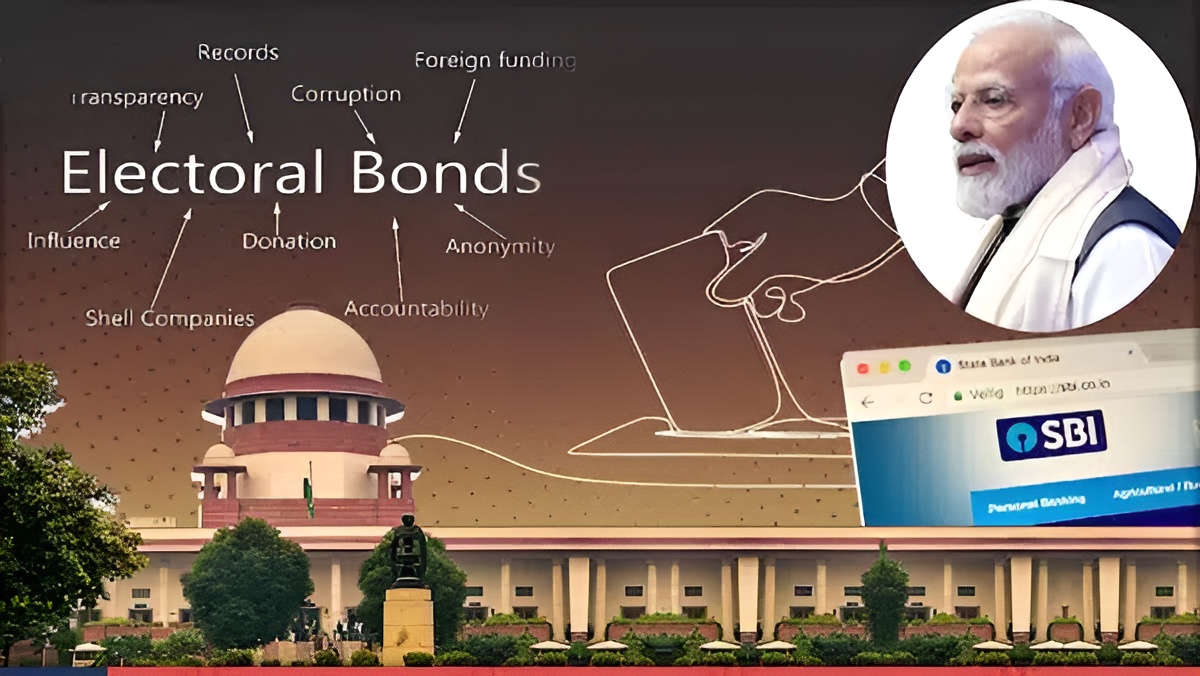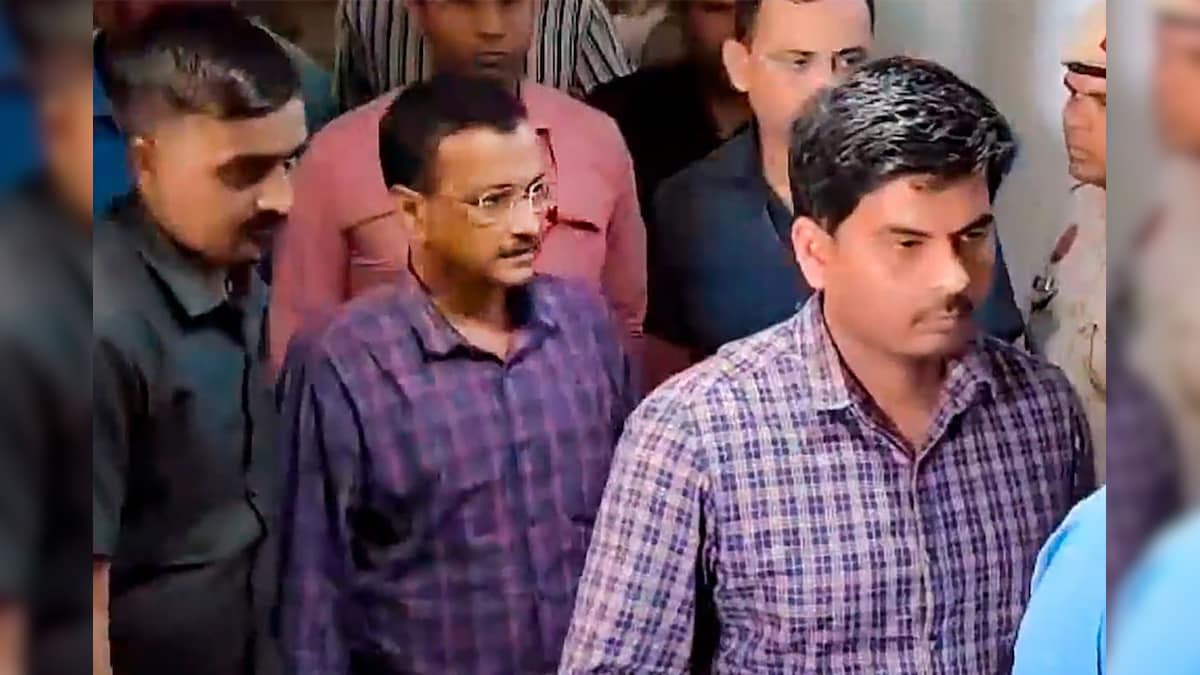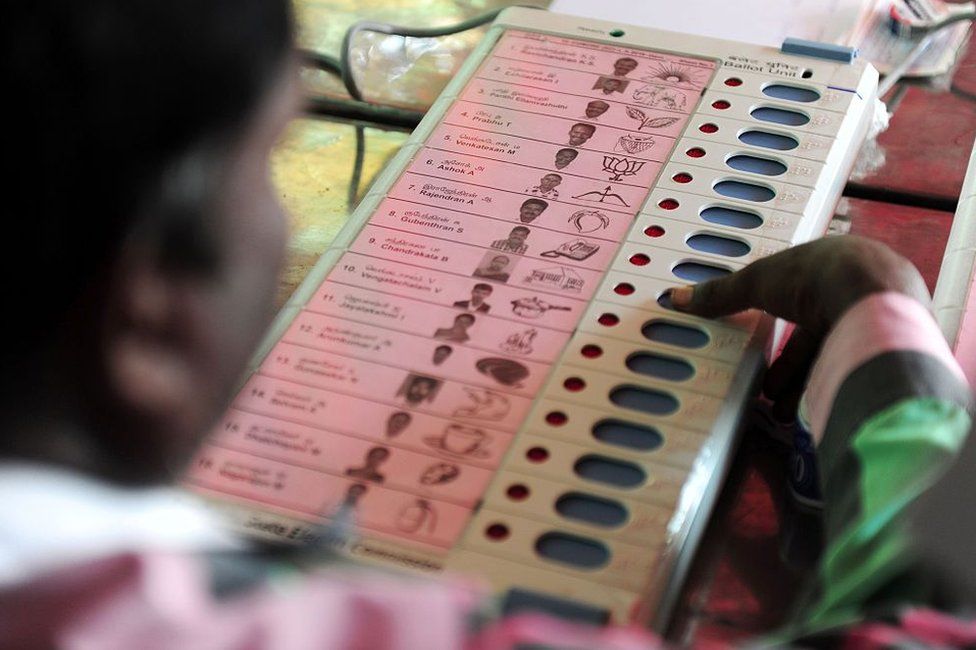A recent verdict by the Supreme Court dealt a crushing blow to Prime Minister Narendra Modi’s bold claims of his government’s incorruptibility. The ruling pronounced the electoral bond plan to be both ‘illegal’ and ‘unconstitutional’. The integrity that has sheltered Modi’s government has been stripped away by this decision, exposing a network of covert donations to political parties, the main benefactor of which has been the BJP.
Before the opaque electoral bonds programme was introduced in 2017, officials hailed it as a way to infuse clean money into the election process while protecting donors’ identities. Nevertheless, a more thorough analysis of the scheme’s execution reveals these assertions to be false. Electoral bonds are primarily funded by obscure entities, many of which act as proxy for larger firms, as opposed to well-known Indian corporations. These organisations have mysteriously transferred amounts to political accounts that are significantly more than their net revenues, sparking questions about possible hidden agendas.
Naturally, the question of why big corporations lavish such enormous sums of money on political parties emerges. There are many theories floating around, from quid pro quo agreements with politicians to money laundering. The seriousness of the matter has been shown by Chief Justice of India D.Y. Chandrachud’s own investigation into the possible quid pro quo during hearings on the electoral bonds case.
In addition, it has come to light that the Income Tax Department and Enforcement Directorate (ED) are among the investigating agencies that have been linked to a well-established extortion scheme. There are numerous examples of firms that have subsequently channelled significant cash through electoral bonds while being inspected by these organisations. This pattern casts doubt on the objectivity of law enforcement agencies, in addition to implicating the government.
The attempts by Finance Minister Nirmala Sitharaman to sidestep criticism by implying that donations might have come before inquiries are pathetic in light of the growing body of evidence that points to a pattern of systematic abuse of authority for financial benefit. The relationship between business enterprises, investigative agencies, and political parties jeopardises democratic governance and undermines Modi’s anti-corruption campaign.
Modi’s anti-corruption stance began to erode in the Karnataka elections, as the BJP’s reputation was tarnished by allegations of widespread corruption. Huge infrastructure projects, which were praised as highlights of Modi’s presidency, have instead served as havens for corruption, fostering a climate of bribery and backroom transactions. The electoral bond controversy highlights the critical need for reform in order to rebuild public confidence in the democratic process, given the pervasive influence of vested interests.
A disillusioned electorate responds favourably to Congress leader Rahul Gandhi’s sharp criticism of Modi’s government for operating the biggest electoral bond extortion scheme. The seriousness of the electoral bond controversy is shown by the opposition’s pledge to step up its campaign against Modi in the run-up to the polls.
Election bonds have helped opposition parties as well, but the stark difference in how money is distributed highlights how the playing field is tilted to favour the incumbent party. This discrepancy is made worse by the institutionalised abuse of investigative agencies, which feeds a corrupt cycle that threatens democracy.
A major break from accountability and openness in political funding is represented by the electoral bonds programme, which fosters cronyism and corruption. The programme was just struck down by the Supreme Court, which emphasises how urgently significant change is needed to protect the integrity of the democratic process.
Even with the court’s order to reveal details about bond purchases and redemptions, there are still large gaps in the public’s awareness, especially when it comes to bonds that were sold before April 12, 2019. Transparency and accountability in political finance are severely hampered by the scheme’s opaque structure, and donors’ anonymity is granted.
The electoral bond scandal is a sobering reminder of the dangers of unbridled power and systemic corruption as it develops. Modi’s much-heralded anti-corruption platform is currently in ruins as a result of institutional fraud and moral collapse. To protect the integrity of India’s democracy, voters must demand accountability and openness in political financing as the country gets ready for the upcoming elections. We can only stop the corruption epidemic and rebuild trust in the democratic process by working together.








